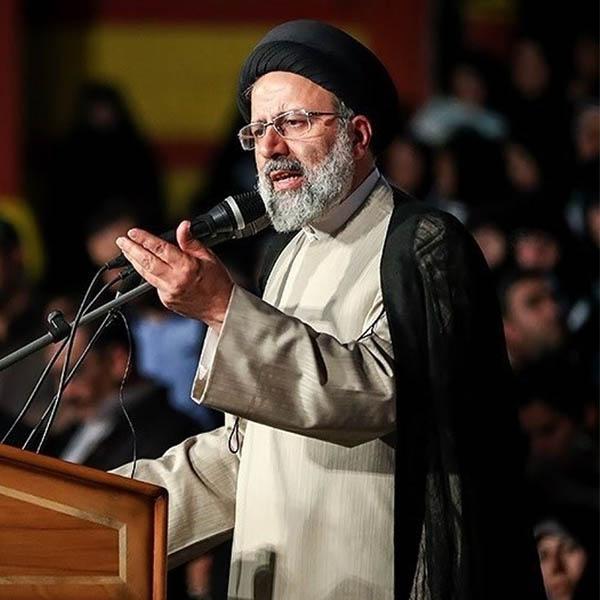Key Figures and Leaders
Featured Leadership
Ayatollah Ahmad Jannati
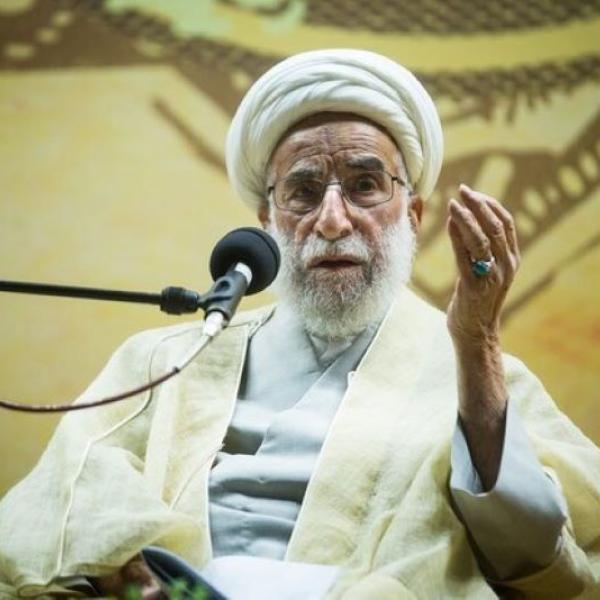
Chairman of Iran’s Assembly of Experts and Secretary of the Guardian Council
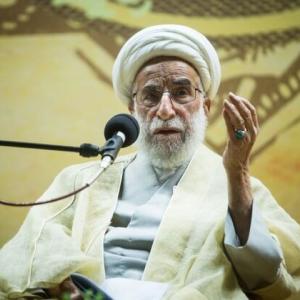
Ayatollah Ahmad Jannati
Chairman of Iran’s Assembly of Experts and Secretary of the Guardian Council
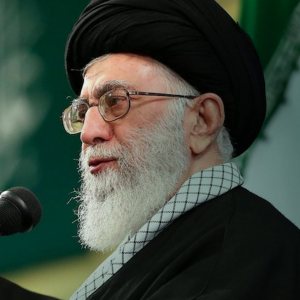
Ayatollah Ali Khamenei
Supreme Leader of the Islamic Republic of Iran
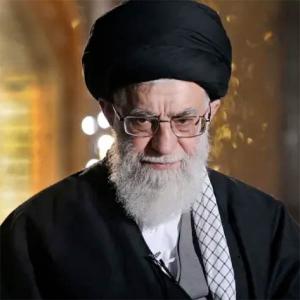
Ayatollah Ali Khamenei
Supreme Leader of Iran
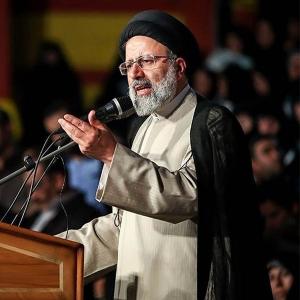
Ayatollah Ebrahim Raisi
President of Iran
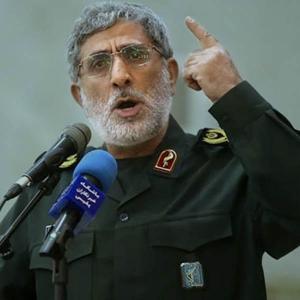
Brigadier General Esmail Qaani
Commander of the IRGC's Quds Force
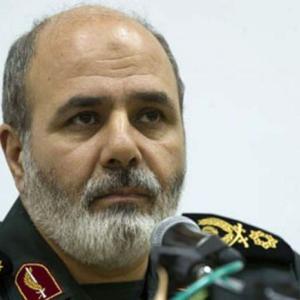
Dr. Ali Akbar Ahmadian
Secretary of Iran’s Supreme National Security Council
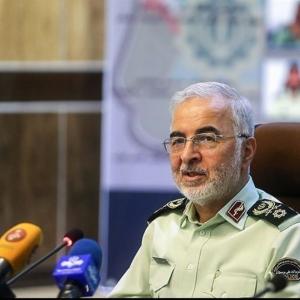
Eskandar Momeni
Minister of Interior
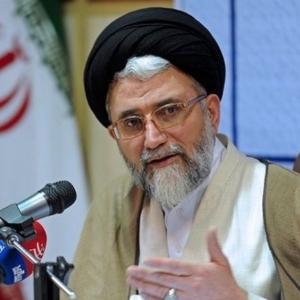
Esmail Khatib
Islamic Republic of Iran Minister of Intelligence
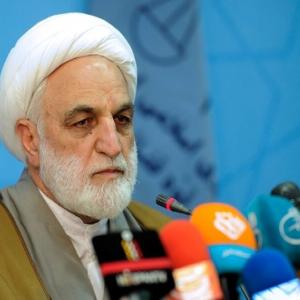
Gholamhossein Mohseni-Ejei
The New Head of Iran’s Judiciary
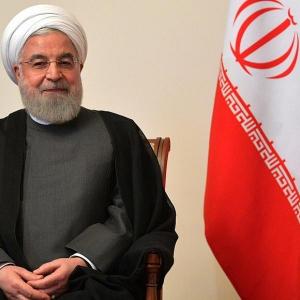
Hassan Rouhani
Former President of Iran
Receive Iran News in Your Inbox.
Eye on Iran is a news summary from United Against Nuclear Iran (UANI), a section 501(c)(3) organization. Eye on Iran is available to subscribers on a daily basis or weekly basis.
×
